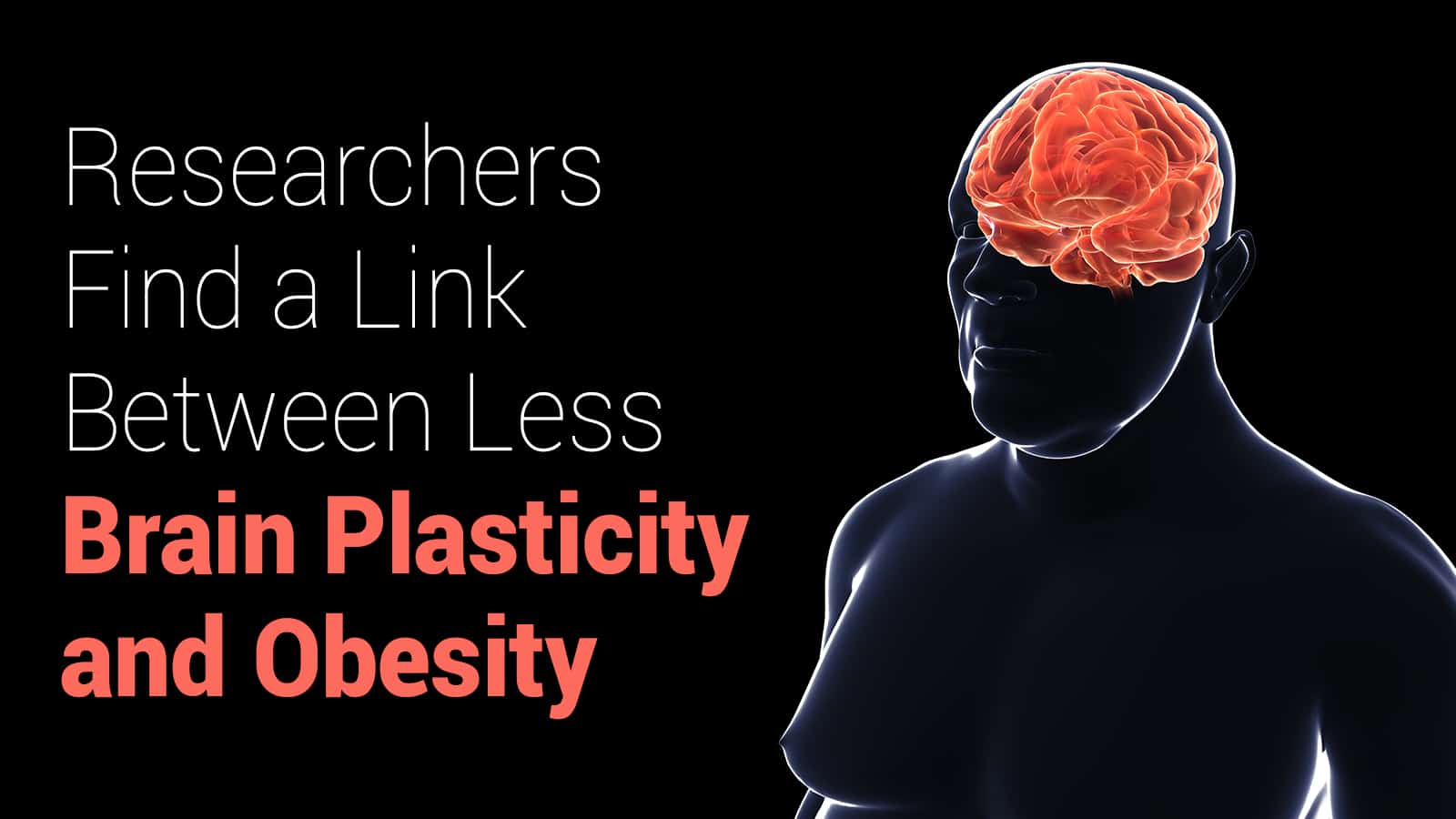How often do you laugh in a day? Do you find that you tend to chuckle often? If so, then you might actually be benefiting your health! The links between laughter and health have been studied for a long time. Indeed, movies such as “Patch Adams” furthered the concept of laughter as the “best medicine.” As it turns out, there’s some truth to that. Here’s how scientific study and experts reveal six healthful benefits of laughing out loud.
1. It Reduces Blood Pressure
Hypertension, or high blood pressure, is a serious condition that can lead to all sorts of health complications down the line, including stroke and cardiovascular disease. The thought that it can be mitigated or avoided with laughter is a surprising but significant one!
A study conducted in the Journal of Dental Medical Research in 2017, entitled “Effect of Humor Therapy on Blood Pressure of Patients Undergoing Hemodialysis,” revealed this in surprising effectiveness. Groups of participants were split into groups. Patients who listened to comedy CDs over the course of eight weeks, totaling 16 half-hour sessions of this in all, had a drop in blood pressure. Their stress levels were also positively affected.
Notably, a lot of studies like this have been conducted over the years. This eventually led to the creation of a kind of therapy known as laughter yoga. The foremost expert in laughter yoga is Laughter Yoga School founder Dr. Madan Kataria. He states that the act of laughing, even without being happy or with any real reason to laugh, can aid the body and lower blood pressure. In addition, fake laughter in a group often leads to genuine laughter in a short span of time.
2. It Relieves Stress, Anxiety, and Depression Symptoms
Smiling and laughing sends a message to the brain from the facial muscles that we are happy. This leads to the release of positive hormones called endorphins, which help reduce stress and make for a better mood overall.Clinical psychologist Dr. Sanjana Saraf states that this is known as a parasympathetic reaction caused by positive thinking that releases feel-good hormones. It is the opposite of the sympathetic reaction, which occurs during stress, secreting the stress hormone cortisol and sending the body into fight-or-flight.
Additionally, multiple studies prove that the act of laughing can have great benefits to symptoms of depression, anxiety, stress, and other similar disorders and conditions.
Here are some of the more prominent studies on laughing out loud:
-
“Benefits of humor in reduction of threat-induced anxiety” published in Psychological Reports (1990).
This study involved telling 53 students that they would receive an electric shock while listening to a tape. Half of the students listened to a comedic tape while others listened to a non-comedic one. Those who listened to the funny recording experienced lower stress levels during the waiting period.
-
“An Effect of Optimism, Self-esteem and Depression on Laughter Therapy of Menopausal Women,” published in the Korean Journal of Women Health Nursing (2012).
This research paper found that menopausal women can benefit from laughter therapy. They actually experience a decrease in depressive symptoms while receiving a boost to self-esteem and positive thinking in the process.
-
“The effect of laughter Yoga on general health among nursing students” published in Iranian J Nursing Midwifery Res (2014).
This study found that, in nursing students, laughter therapy can have positive effects on the symptoms of depression and anxiety experienced by them in their stressful daily lives.
-
“The effects of laughter therapy on mood state and self-esteem in cancer patients undergoing radiation therapy: a randomized controlled trial” published in the Journal of Alternative and Complementary Medicine (2015).
This randomized control trial study found that after just three hour-long sessions of laughter therapy, cancer patients would experience decreased symptoms of depressive and mood disorders,
-
“Therapeutic Benefits of Laughter in Mental Health: A Theoretical Review,” published in The Tohoku Journal of Experimental Medicine (2016).
This more general paper discusses the possibility of a sense of humor aiding in difficult times. It suggests that laughing is a positive coping mechanism when experiencing rough periods in one’s life or circumstances.
-
“Effects of Laughter Therapy on Depression and Sleep among Patients at Long-term Care Hospitals,” published in the Korean Journal of Adult Nursing (2017).
This study found that individuals living in long-term care facilities could benefit from laughter therapy, especially since sleep disorders and depression are common in these institutions.
3. Laughing Out Loud Can Aid Weight Loss
Did you know that laughing is good for your abs and for maintaining a healthy weight? Of course, you can’t laugh yourself to fitness, but laughing regularly while working on losing weight could potentially speed up your progress. Dr. Prerna Kohli, a clinical psychologist, reveals some reasons for this occurrence:
- Laughter contracts and expands your abdominal muscles, making for a mini ab workout
- When you inhale and exhale deeply during laughter, you’re stimulating blood flow in the body, as you would when jogging
- Having a more positive mood, in general, can already bring you a few steps closer to losing weight effectively
Studies also support this line of reasoning. In a study entitled “Energy expenditure of genuine laughter,” published in the International Journal of Obesity, 45 study participants were split into two groups. The first group would watch clips from films that were likely to cause laughter while the second watched clips that would not. This lasted for 10 minutes. The results found that:
- Laughter raises energy expenditure, or calories burned, to a level higher than normal resting energy expenditure
- Laughter boosts the heart rate, increasing it above the standard resting heart rate
- Genuine voiced laughter in general leads to a 10% to 20% energy expenditure and heart rate increase
- Just 10 to 15 minutes of laughter, performed daily, can boost calories burned
4. It Strengthens The Heart
The heart is a vital organ in the body. If it doesn’t work correctly, it could jeopardize the body’s entire ability to function and stay alive. It’s been known for years the laughter is good for health. But the fact that it can help the cardiovascular system stay strong is something worthy of awe!
An article entitled “The effect of mirthful laughter on the human cardiovascular system” published in Medical Hypotheses, revealed that laughing could have a positive effect on the cardiovascular system. It looked at endothelial cells, the cells lining the blood vessels, their vasoreactivity, or the ability to respond to the hurt. Here are some things it discussed:
- Exposure to negative emotions and thoughts, including depression and stress, can lead to a lowered endothelial vasoreactivity when measured with a brachial artery reactivity test.
- Mirthful laughter can lead to increased endothelial vasoreactivity when measured with a brachial artery reactivity test.
- Positive emotions and laughter are responsible for facilitating the release of nitric oxide, which is needed for heart health and circulation.
5. It Boosts Immunity
Immunity is often a serious concern for many. But few would think that there is any link to be found between that and laughter. That’s where you’d be surprised! Multiple studies prove just how effective laughter can be when it comes to boosting immunity. Plus, it improves recovery periods from disease or illness.
Here are some studies that indicate this:
-
“Neuroendocrine and stress hormone changes during mirthful laughter,” published in The American Journal of the Medical Sciences (1989).
This study found that laughing out loud in a mirthful manner could not only aid in reducing negative neuroendocrine response but also in helping the immune system by reducing natural bodily inflammation.
-
“Is laughter the best medicine? Humor, laughter, and physical health.” published in Current Directions in Psychological Science (2002).
This article focused on examining the concept of positive humor and mirthful laughter on health. It noted that there were many instances of empirical evidence behind laughter’s benefits on immunity. But it also stressed the need for future research in the area – something fulfilled by later studies.
-
“The effect of mirthful laughter on stress and natural killer cell activity” published in Alternative Therapies in Health and Medicine (2003).
This research paper gauged participants by their humor responses. Those with high scores on a humor response scale were noted to have higher levels of postintervention from the immune system, measured based on natural killer cells’ activity.
-
“Humor and Laughter May Influence Health IV. Humor and Immune Function,” published in Evidence-Based Complementary and Alternative Medicine (2009).
This paper was the final one in a series of four and concluded that exposure to laughter and humor stimulus and having a positive sense of humor, can improve certain components of the immune system. This was especially obvious in cytotoxicity.
-
“Effects of Laughter Therapy on Immune Responses in Postpartum Women,” published in the Journal of Alternative and Complementary Medicine (2015).
This study involved testing breast milk from new mothers for antibodies called immunoglobulins (IgA), which are crucial in immunity. The study found that these postpartum women who participated in laughter therapy experienced higher IgA content in their breast milk. This distinction is notable because IgA naturally decreases during the postpartum phase.
6. It Provides Pain Relief
Physical pain can be distracting and affect multiple areas of life. So for those dealing with chronic pain, how it harms their ability to function can be detrimental to everyday life. Though it’s not a cure-all, here are some studies that indicate that:
- “Is Laughter the Best Medicine? A Study of the Effects of Humor on Perceived Pain and Affect of Humor on Perceived Pain and Affect” published in Therapeutic Activities with the Impaired Elderly: An Overview (2009). This paper took a close look at the experiences of perceived pain in individuals living in a long-term care facility. Its results found that humor typically benefits these individuals, reducing their experiences of pain.
- “Social laughter is correlated with an elevated pain threshold” published in Proceedings of the Royal Society B: Biological Sciences (2012). This study found that individuals participating in social laughter often have a much higher tolerance for pain in the moment of that laughter.
- “Humor, laughter, learning, and health! A brief review,” published in Advances in Physiology Education (2017). Though its main focus was on the world of learning and how laughter aids it, the article also talks about Henri de Mondeville, a 14th-century French surgeon who used humor to help distract his patients from pain and improve their positive thinking while recovering or undergoing surgery.
Final Thoughts On Some Health Benefits Of Laughing Out Loud
So it turns out that laughing out loud certainly does have many health benefits. So even when it’s difficult to laugh, try and do so anyway. Even fake laughs can give you these benefits. And who knows? Maybe the feigned chuckles will transform into genuine, truthful laughter someday!

















 Community
Community

